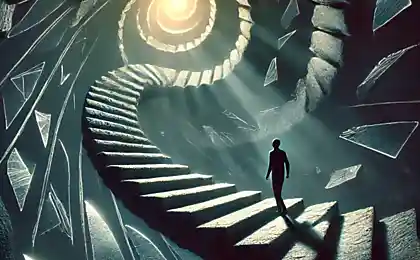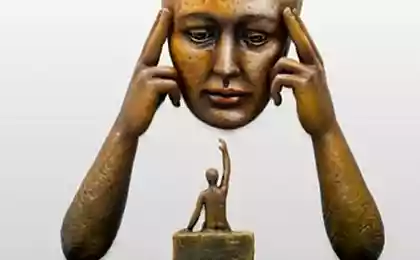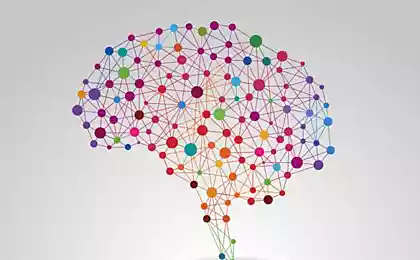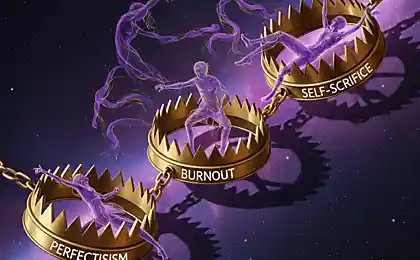160
8 Signs You Are Smart But Too Self-Critical

Not every smart person is one hundred percent confident. It happens that we strangle ourselves with self-criticism, despite the fact that we have high intelligence.
Introduction
Intelligence is a gift that opens many doors. However, high mental potential is not always accompanied by self-confidence. Often, people with high intelligence are prone to excessive self-criticism, which prevents them from realizing their full potential. In this article, we’ll look at eight signs that you’re smart but too self-critical, and how it affects your life.
671580
1. You are constantly questioning your decisions.
Even after careful analysis and decision making, you continue to wonder if you did the right thing. Your mind is prone to rethinking, and you often go back to past situations to find possible mistakes.
“Doubt is the price we pay for intelligence.” Friedrich Nietzsche
2. You strive for perfectionism.
Your standards are so high that it is almost impossible to achieve them. You can spend hours perfecting small details that no one else will notice. This often leads to procrastination and feelings of dissatisfaction.
3. You underestimate your achievements.
Even when you achieve significant success, you tend to downplay it. You think you could have done better, or that your success is the result of a combination of circumstances, not your abilities.
4. You're afraid of failure.
The fear of making mistakes paralyzes you. You avoid new opportunities and challenges for fear that you will not be able to cope. This limits your growth and development despite your high potential.
5. You overreact to criticism
Any comment in your address you take to heart. Even constructive criticism can unsettle you and make you question your abilities.
6. You compare yourself to others
Instead of focusing on your own progress, you are constantly comparing yourself to others. It makes you feel like you’re never good enough, because there’s always someone who’s superior to you.
7. You analyze everything to the smallest detail.
Your analytical mind keeps you awake. You tend to disassemble each situation into components, which can lead to overwork and stress.
8. You have difficulty accepting compliments.
When complimented, you feel uncomfortable and don’t know how to react. You tend to dismiss or look for hidden meaning instead of accepting praise.
How it affects your life
Excessive self-criticism can become a serious barrier to success and happiness. It reduces self-esteem, prevents healthy relationships and limits professional growth. Constant self-dissatisfaction can lead to burnout and depression.
Career implications
- Refusing promotion for fear of not coping.
- Lack of confidence in presenting ideas and projects.
- Problems with delegation and teamwork.
Impact on personal life
- Difficulty building close relationships due to low self-esteem
- Isolation and a sense of misunderstanding from others.
- Constant tension and inability to relax.
How to overcome excessive self-criticism
1. Recognizing the problem
The first step is to realize that excessive self-criticism is stopping you. Acceptance of this fact opens the way to change.
2. Practice of self-compassion
Treat yourself the way you would treat a good friend. Be kind and understand that mistakes are part of the human experience.
3. Setting realistic expectations
Lower the bar to an attainable level. Let yourself be imperfect and enjoy small victories.
4. Developing positive thinking skills
Focus on your strengths and achievements. Keep a gratitude journal to celebrate positive moments in life.
5. Seek professional help.
If self-criticism becomes overwhelming, do not hesitate to contact a psychologist or coach. Professional support can be crucial.
Conclusion
High intelligence is a wonderful quality, but combined with excessive self-criticism, it can become an obstacle to a full life. By realizing the signs and consequences of this problem, you can take steps to become more confident and use your full potential.
Never let the fear of failure be an obstacle to success. Friedrich Schiller.
“The biggest barrier to success is the fear of failure.” Swami Vivekananda
Remember that self-criticism can be helpful, but only in moderation. Use it as a tool for growth, not as a tool for self-flagellation. Confidence in yourself and accepting your shortcomings is the key to a happy and successful life.























